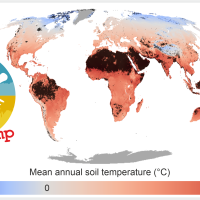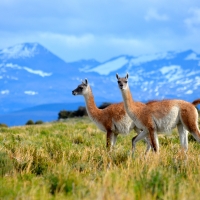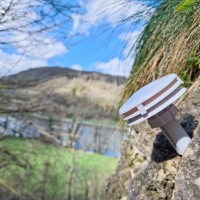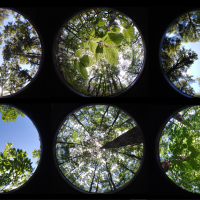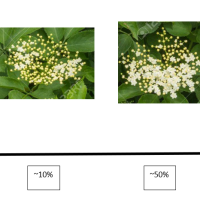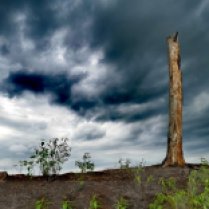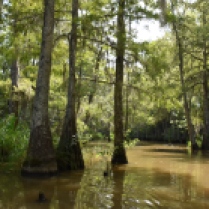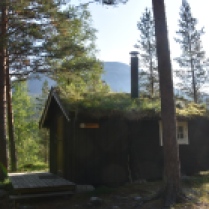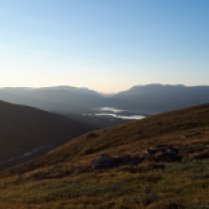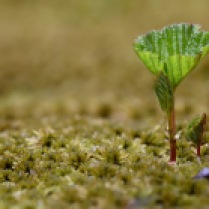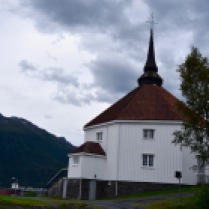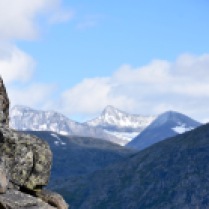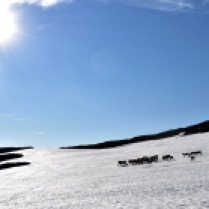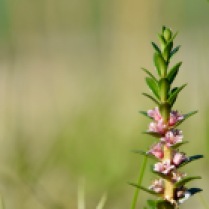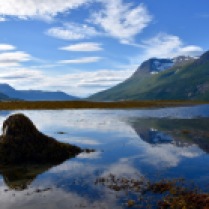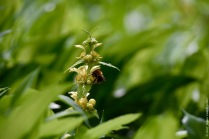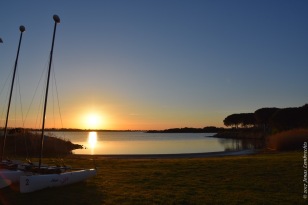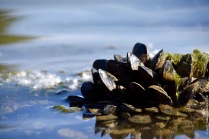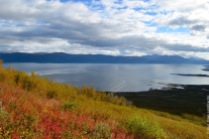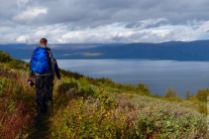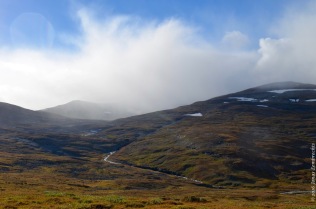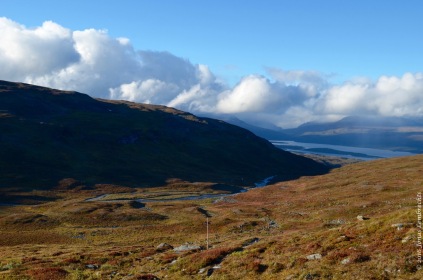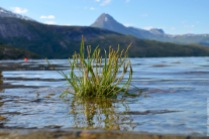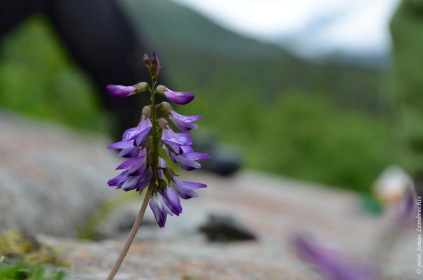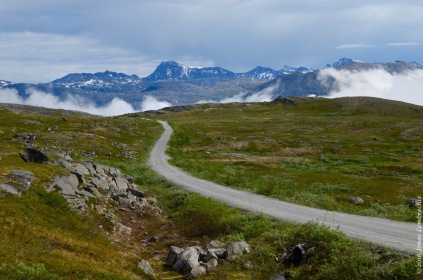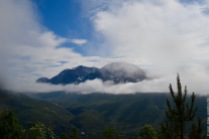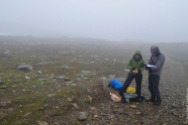Tag Archives: Microclimate
Filling the gaps
Anyone working with microclimate data is familiar with time series data – repeated measurements over time at the same location. And anyone working with time series has bumped into an important potential issue with them: gaps. More often than not, … Continue reading
Microclimate, an important part of ecology and biogeography
From the first days of SoilTemp, we had the ambition to turn this project into more than ‘just a database’. SoilTemp could become the much-needed glue to stick together microclimate ecologists and biogeographers from across the globe, and give them … Continue reading
Scouting the cliffs of Freÿr
On a sunny day in early spring, our team took the car to one of the most monumental locations in Belgium: the cliffs of Freÿr. These beautiful slabs of ‘naked’ limestone of up to 120 meter, overlooking the river Meuse, … Continue reading
The true thermal niche of forest plant species
I might have mentioned this before*, but microclimate is crucial to improve our estimates of species distributions. As species are reacting to micro- rather than macroclimate, and both are at the local scale only very weakly correlated, ignoring microclimate could … Continue reading
A correction and a warning
Finally, we got to publish something that was véry long overdue: the necessary correction to our ‘Global maps of soil temperature’. A correction, indeed, as we had identified an error in the analyses that had to be rectified. So, what … Continue reading
A call answered across the globe
It’s safe to say that last month’s call for microclimate data for our growing SoilTemp database was a success. Almost two hundred new datasets, ranging from just a few sensors to a whopping 32 thousand per dataset, poured into our … Continue reading


